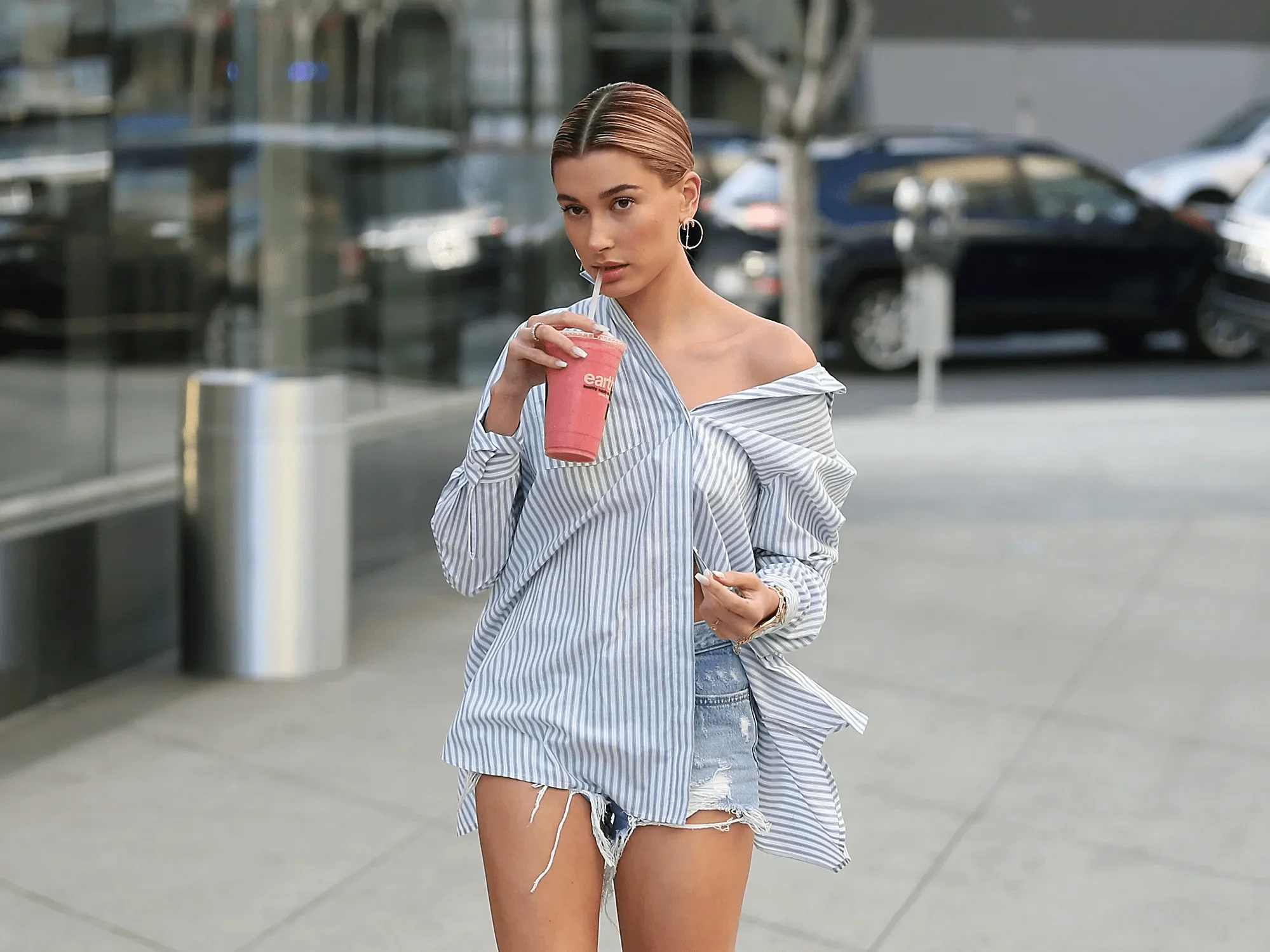No products in the cart.
Decoding Edible Beauty – The “Beauty from Within” Trend
Thanks to the increasing focus on “beauty from within” and emerging health issues post-pandemic, many brands are entering the functional food market.

Content Summary:
- Rising demand for dietary supplements
- Trend starts with the belief in “beauty from within”
- Are dietary supplements really effective? From Hailey Bieber’s Strawberry Glaze Skin Smoothie trending at Erewhon store in Los Angeles to comprehensive vitamin pills addressing various health and beauty concerns, consumer interest in upgrading skin from within has reached unprecedented levels. Should skincare brands join this game?
Rising demand for dietary supplements Ten years ago, dietary supplements could only be found in stores like CVS or Holland & Barrett in the UK, with limited information on benefits and ingredients. Today, the market is witnessing rapid changes. New functional food brands are quickly emerging, from Kourtney Kardashian’s Lemme to Wild Nutrition, Herbar, Zaag, and many others.
The Los Angeles-based brand Agent Nateur shares that their dietary supplement sales are expected to triple from around $7 million in 2023 to over $24 million this year. Established beauty brands are also seizing the opportunity to expand their services by introducing comprehensive vitamin pills, antioxidant pills, active powder and pill forms for skincare, hair, and nails care, as well as capsules targeting women’s health issues or improving sleep.
According to a report published in November 2023 by the research company Future Market Insights, the global dietary supplement market increased by 9.4% to $2.68 billion last year. It is projected that this industry will continue to grow with a stable annual growth rate of 13.6% over the next 10 years, reaching $4.46 billion by 2033.
Stella McCartney announced that they are about to launch a “nutricosmetic” dietary supplement to enhance the effectiveness of their skincare products. “I have always been interested in the relationship between good nutrition and skin health,” said McCartney. “Healthiness must start from within, with how you care for and nourish yourself and the nutrients you provide to your body.”
The trend starts with the belief in “beauty from within” The belief that “the best health should be cared for from within” is the foundation of most dominant brands in this market. Adam Thompson introduced the Zaag supplement brand in 2020 after experiencing severe fatigue symptoms. “In the past, people thought dietary supplements were for disease prevention, like buying some kind of insurance, and they were produced to fit that purpose,” said Thompson.
“But as our lifestyles modernize and become more stressful, our bodies demand more than ever. That means dietary supplements need to be elevated to a new level.” For example, Zaag’s customers include top athletes and CEOs looking to improve their athletic performance and sleep recovery.
Similarly, Kourtney Kardashian Barker and her partner Simon Huck’s softgel brand, Lemme, aim to address daily stressors – from anxiety and poor sleep quality to hormonal imbalances and digestion. Based on five social studies and consumer research, Kardashian Barker’s Poosh health platform launched in September 2022 was strategically planned to capitalize on this new consumer trend. The brand is currently available at Target, Ulta Beauty, and Amazon.
The pandemic has also significantly impacted many supplement brands. Agent Nateur launched collagen powder in 2018, but as CEO Jena Covello explained, at that time, there were only studies concluding that collagen helps reduce gut inflammation. “There weren’t too many trials on whether it is effective for hair and skin or not.”
Covello improved the product in the form of a drink combining marine collagen and pearl powder (an anti-inflammatory, detoxifying agent commonly used in traditional Chinese medicine) in December 2020, and it quickly sold out due to the side effects of Covid-19.
“We had no idea that people’s hair would fall out because of Covid,” Covello explained. “By April 2021, we received thousands of messages saying the product helped prevent hair loss.” The success of this product increased the brand’s direct sales from 35% before Covid to 60% in 2023.
Are dietary supplements really effective? Most founders agree that efficacy and product quality are the most important factors in the beauty from within field.
Dietary supplements often contain collagen, antioxidants, vitamins, and other active ingredients to promote new cell growth. Meanwhile, brain and digestion enhancement formulas usually contain probiotics and traditional herbal medicine. However, these products will become meaningless if the dosage consumed is inaccurate.
McCartney only wants to develop plant-based products, so it took much longer to formulate. “There aren’t many brands, at least not ones that I know of, that have created skin supplements with 100% natural, plant-based ingredients and backed by clinical results.” The brand’s formulation process took two and a half years.
For many brands, the combination of advanced formulas, listening to consumer needs, high-quality ingredients, product absorption, and luxurious packaging are factors that retain customers with the brand.
